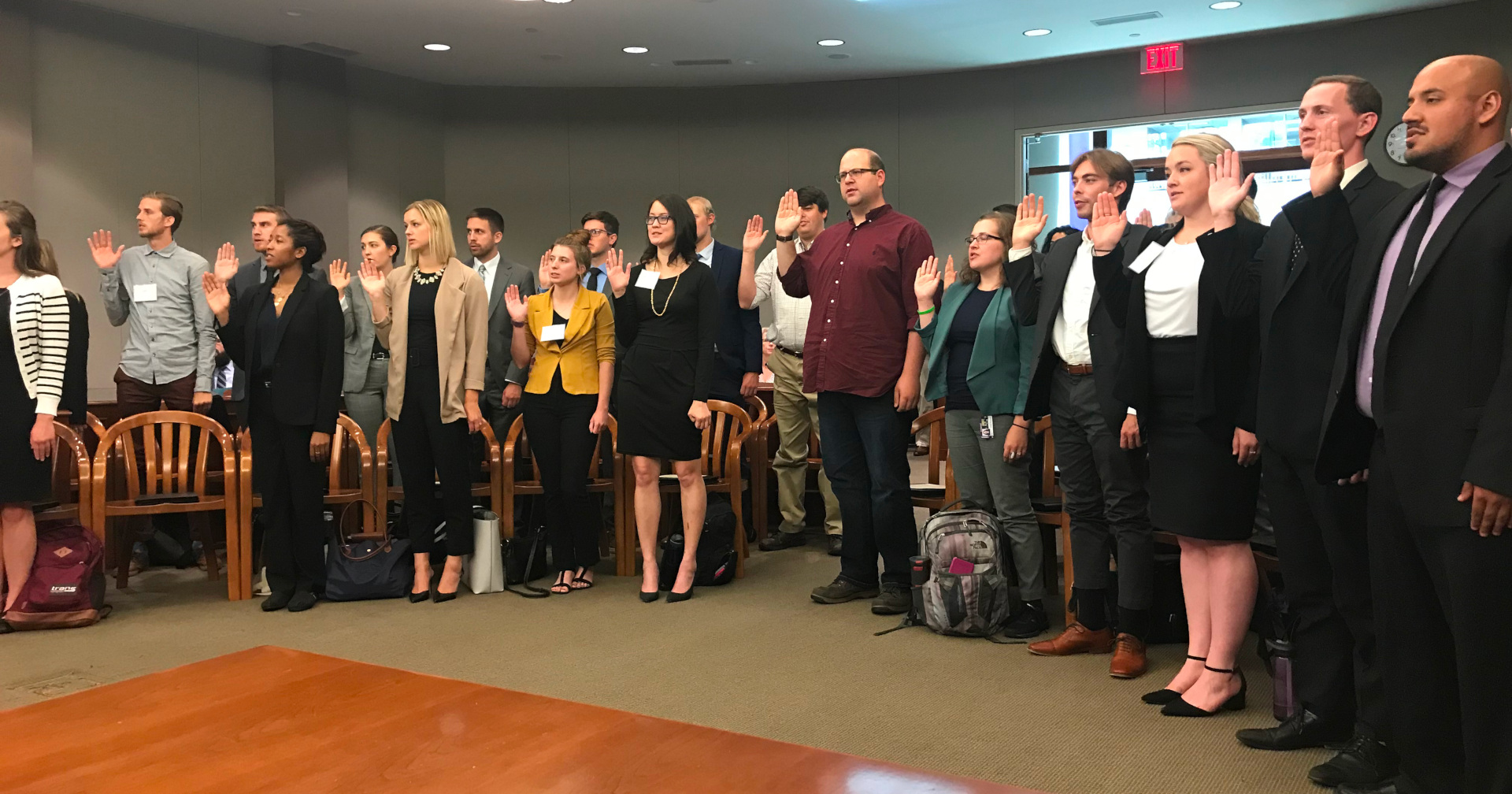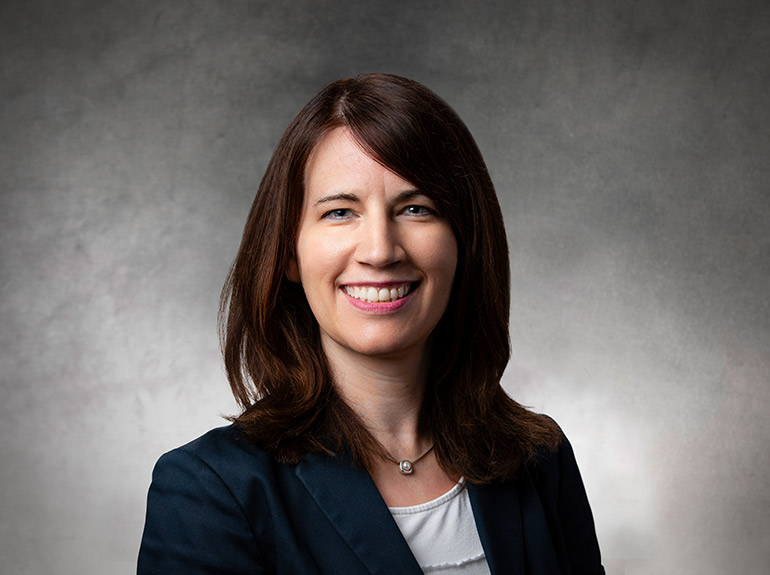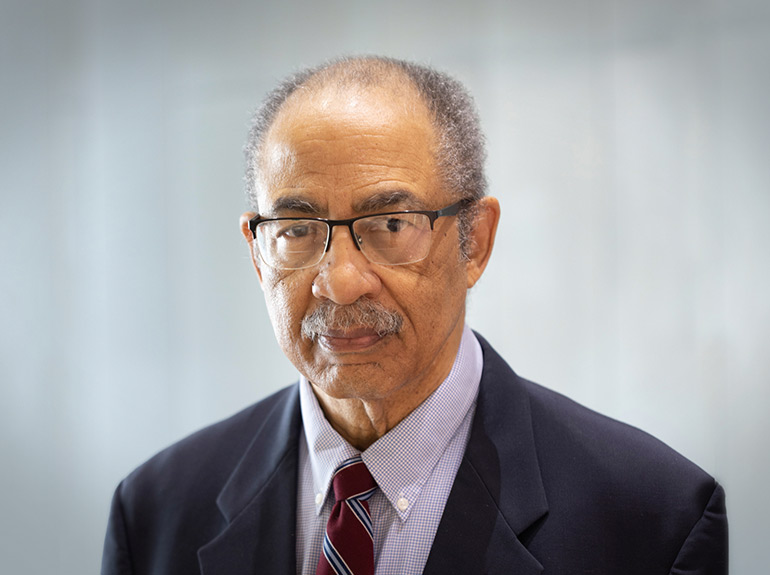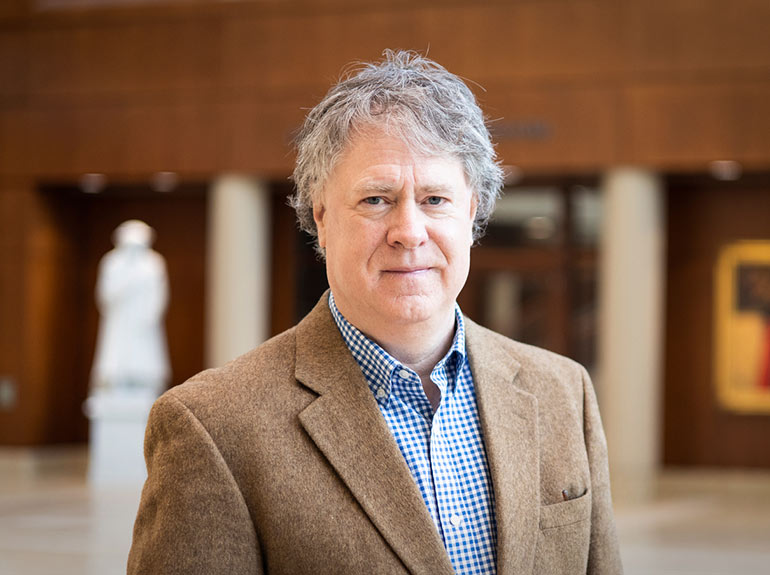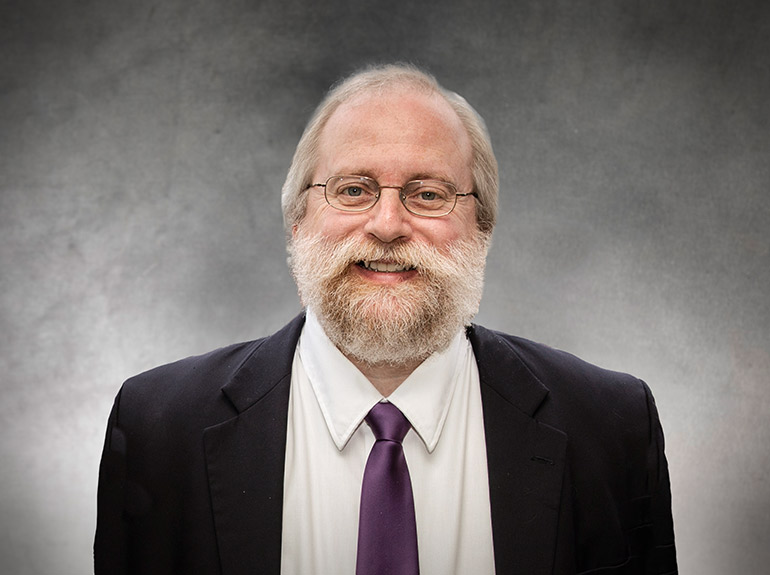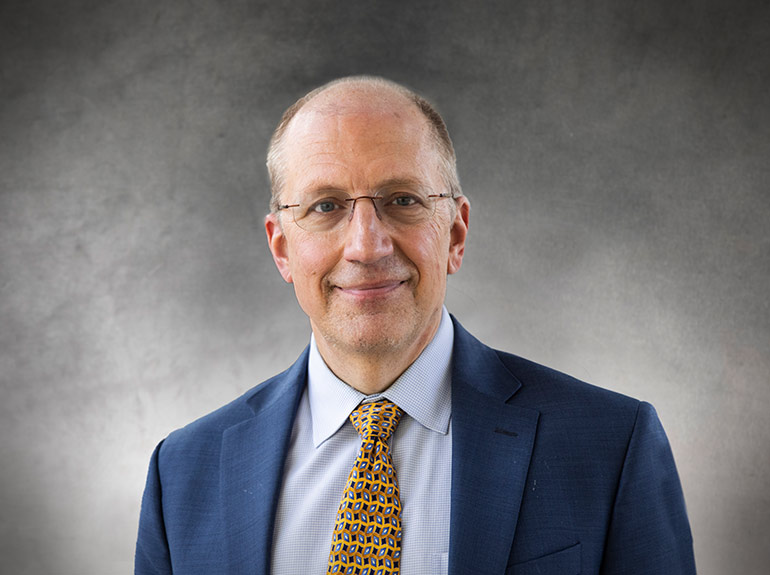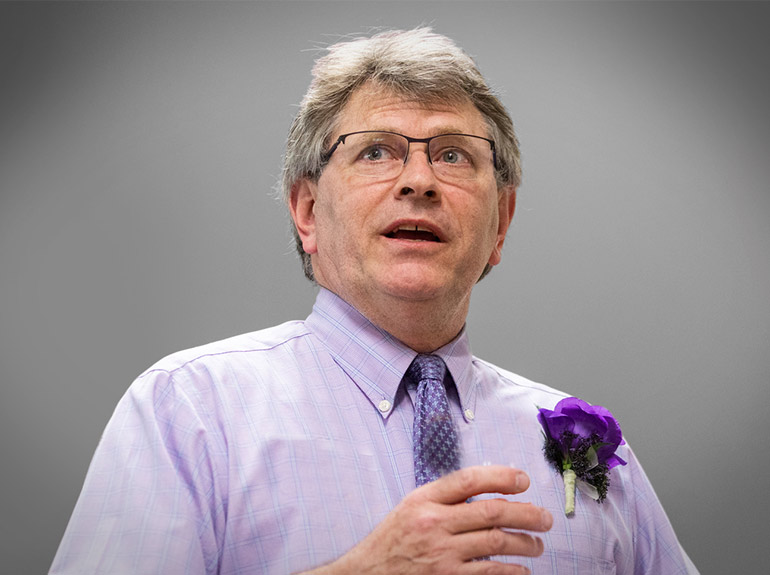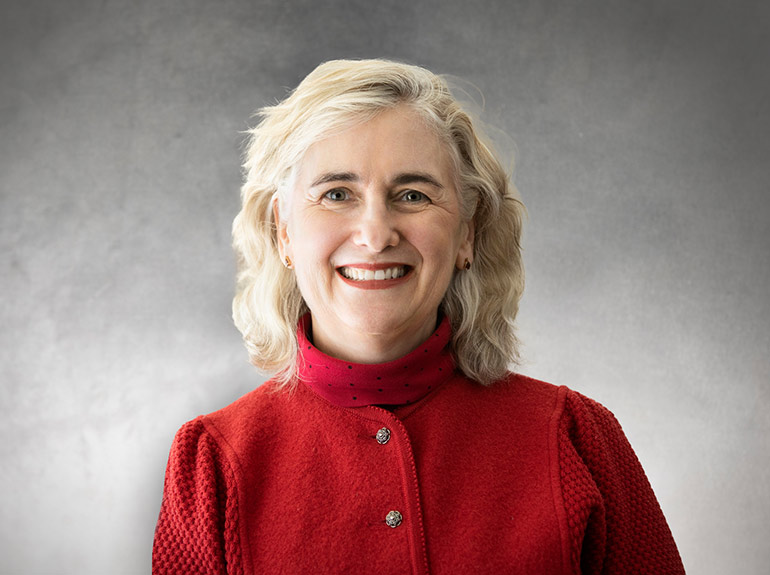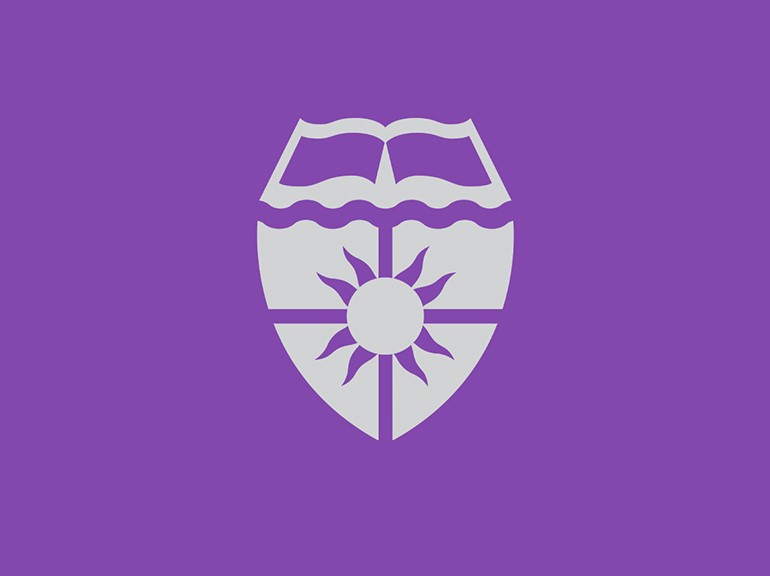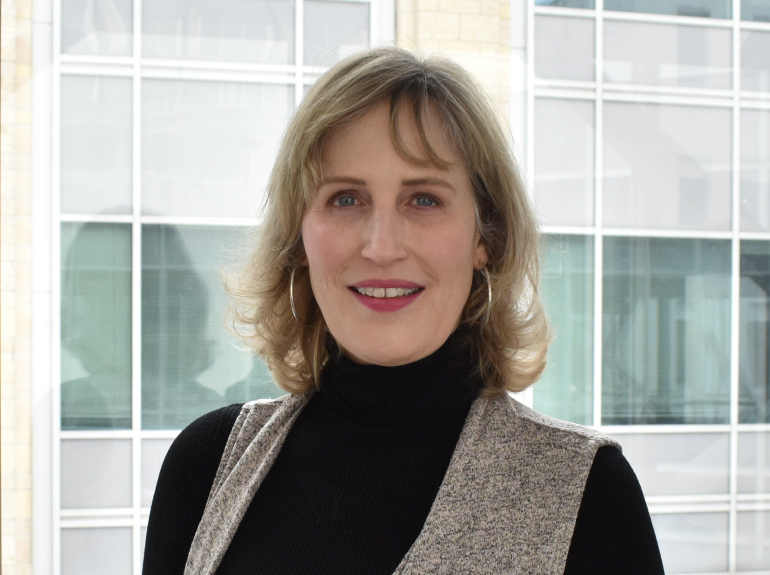Interprofessional Center for Counseling and Legal Services
Working in one of our 10 legal clinics, you will provide representation and assistance to the underserved populations of the Twin Cities on problems ranging from health care to political asylum to issues of social justice.
Our clinics are part of the St. Thomas Interprofessional Center for Counseling and Legal Services, which is among the first of its kind in the country. The center takes a holistic approach to serving clients in that, under the guidance of faculty, students from the disciplines of law, social work and psychology work collaboratively to help clients in need.
The St. Thomas legal clinics are supported through a generous donation from Robins Kaplan LLP.
